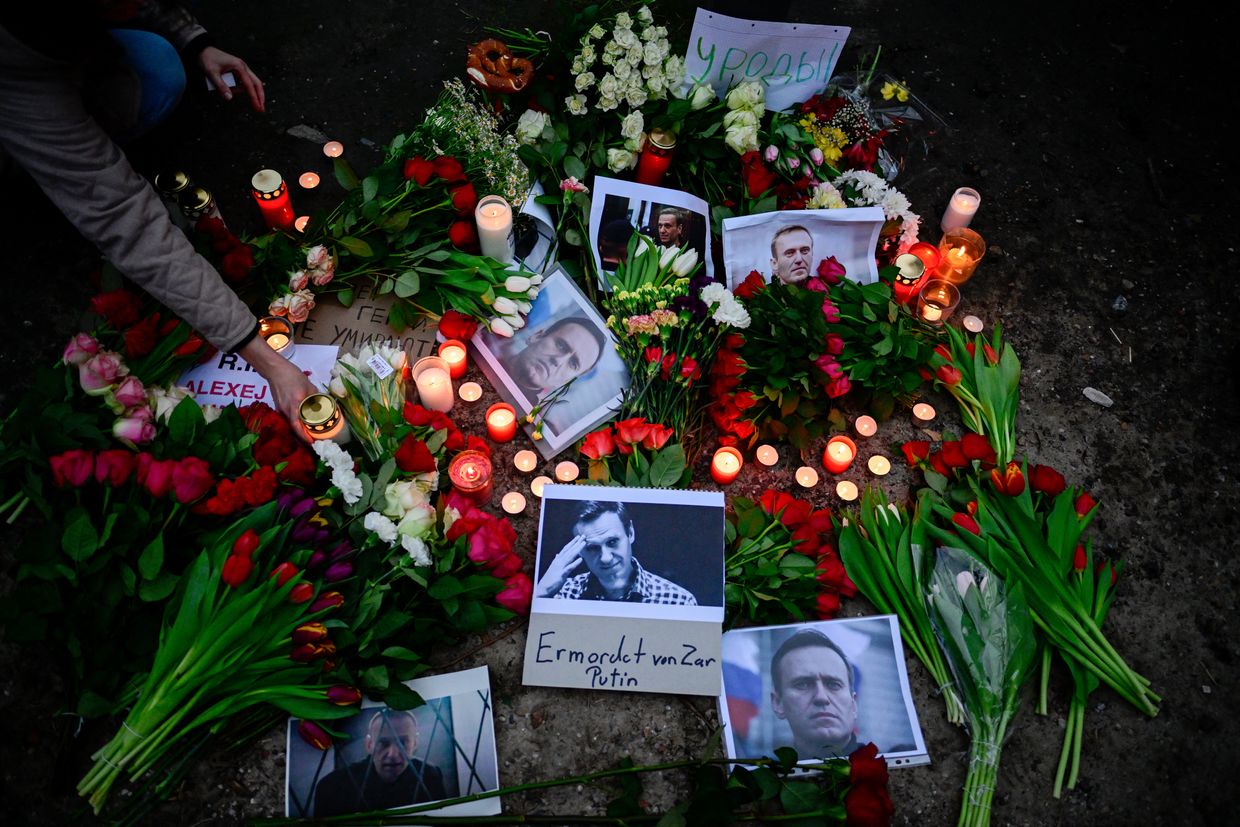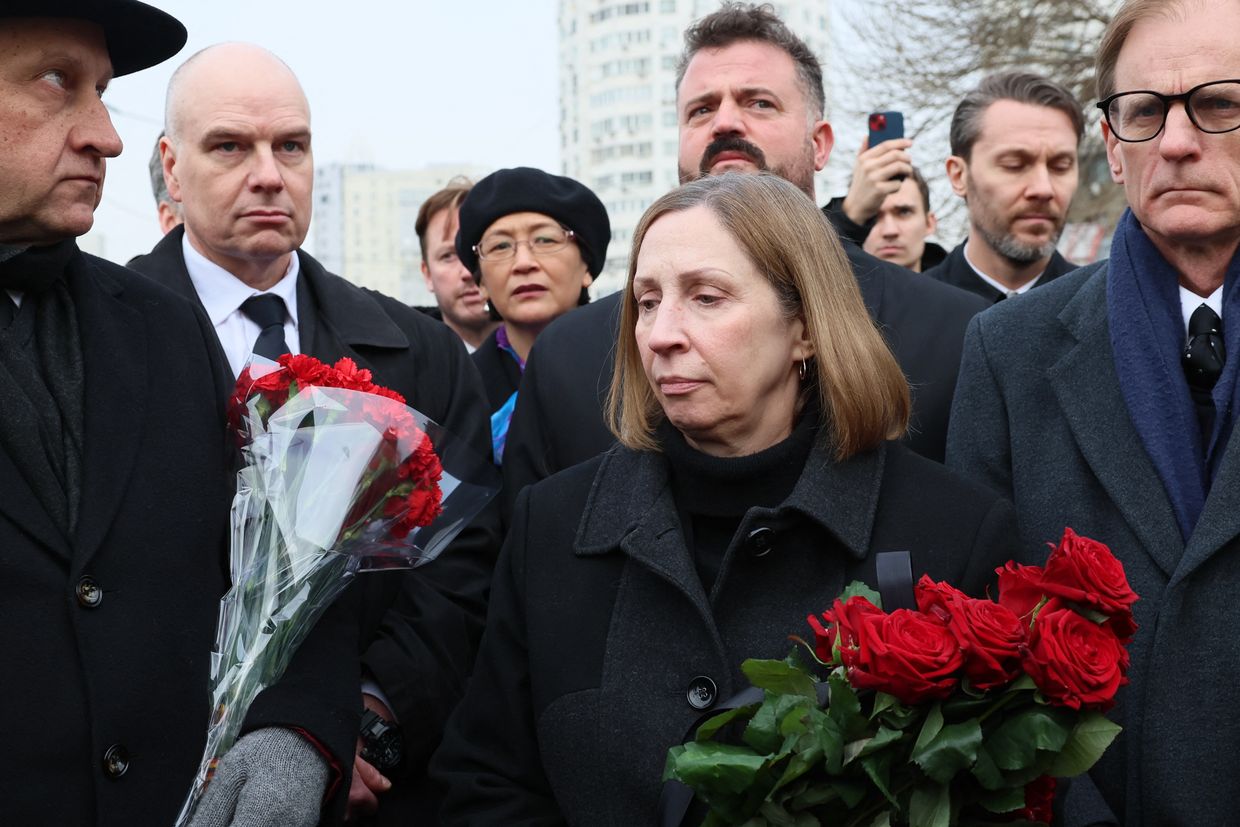The Russian Foreign Ministry announced on March 7 that it had summoned U.S. Ambassador to Russia Lynne Tracy and warned against "attempts to interfere in the internal affairs of the Russian Federation," ahead of Russia's presidential election.
Russia will hold a presidential election between March 15 and March 17, in which President Vladimir Putin, who has been in power since 1999, is expected to secure his fifth term in office.
Tracy was among the Western diplomats who attended the funeral of Alexei Navalny, Putin's main political opponent, on March 1.
The Russian Foreign Ministry claimed that Tracy had been summoned due to the U.S. Embassy's support to three NGOs that carry out "anti-Russian programs and projects" under the guise of "educational and cultural exchanges."
The U.S. Embassy must stop supporting these NGOs or else it will be considered to be violating Russian law, the Foreign Ministry alleged.
The Foreign Ministry threatened to expel Embassy employees who "spread disinformation" in the context of the upcoming elections or the Russian invasion of Ukraine.
The news comes days after the Russian Foreign Ministry summoned German Ambassador to Russia Alexander Lambsdorf and threatened German journalists with expulsion amid heightened tensions following the leak of the audio from a meeting of German military officers.














